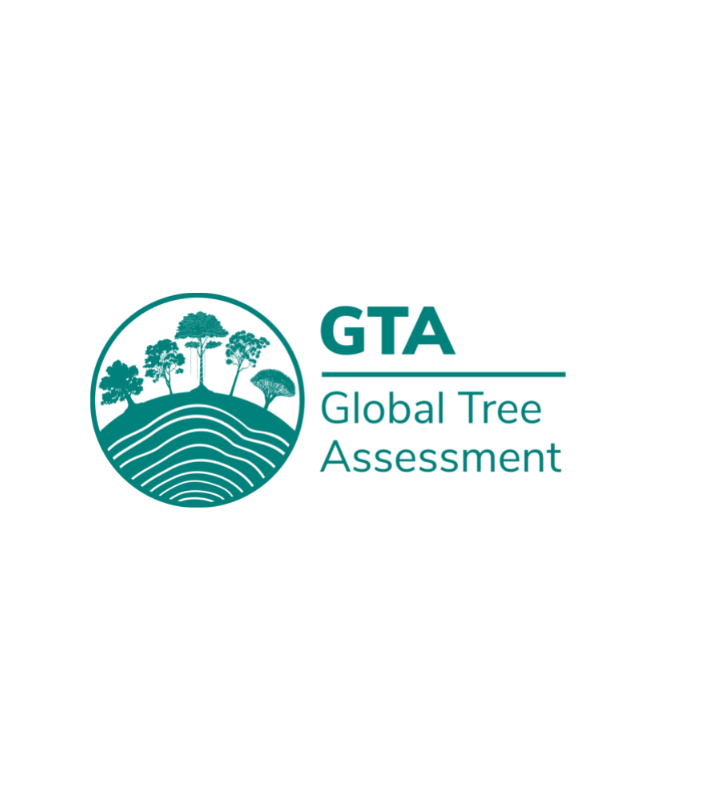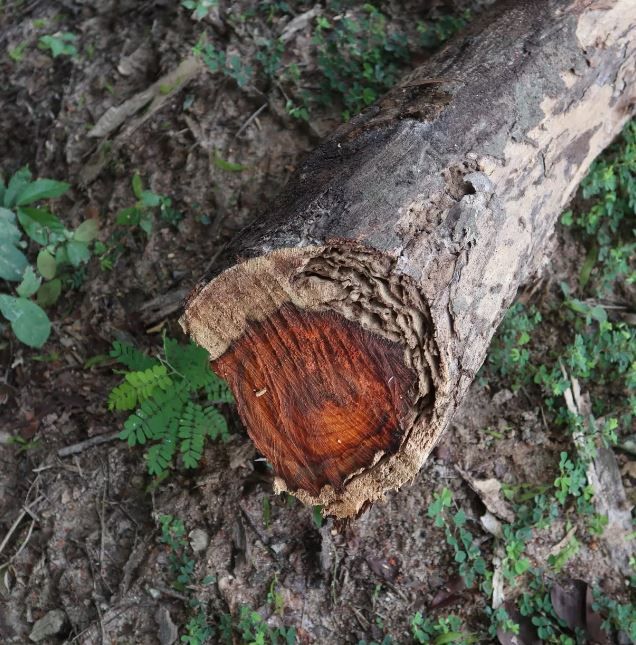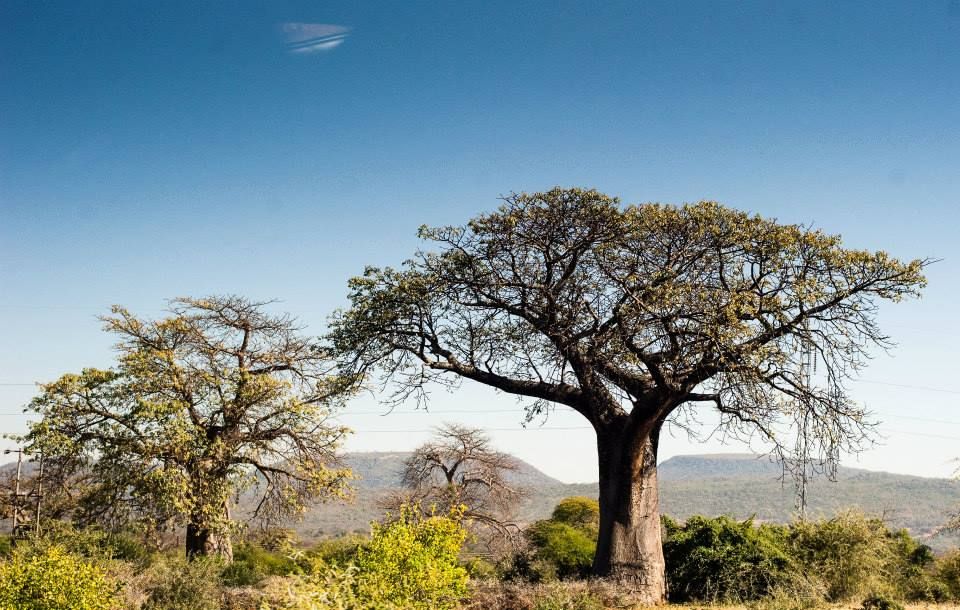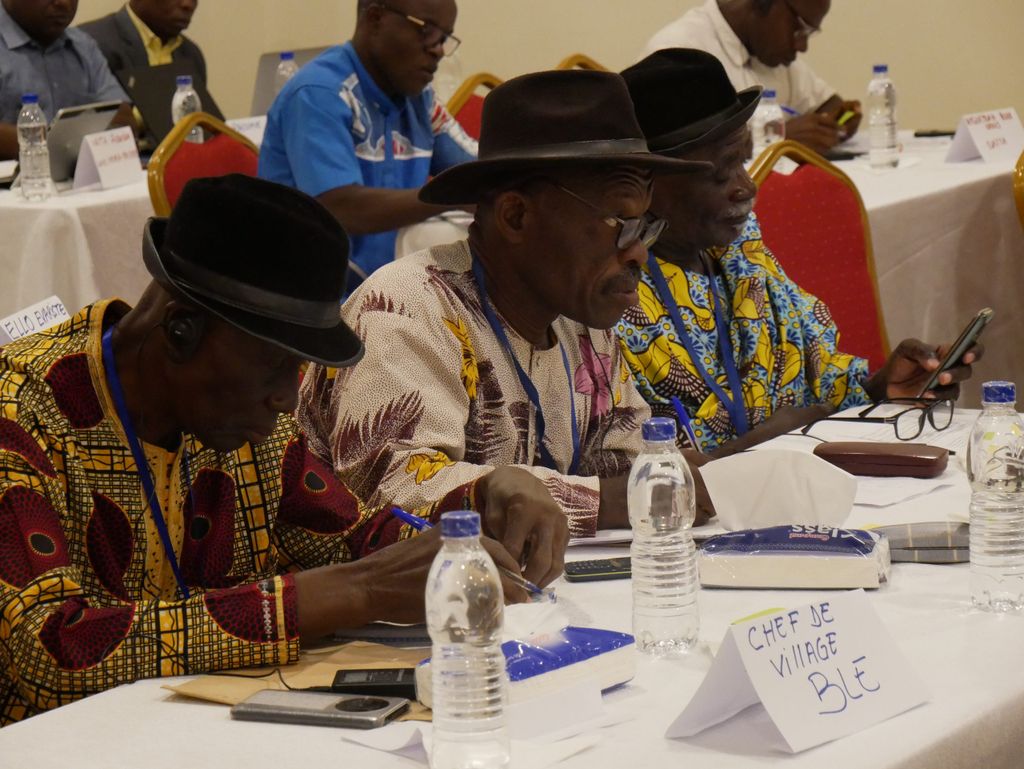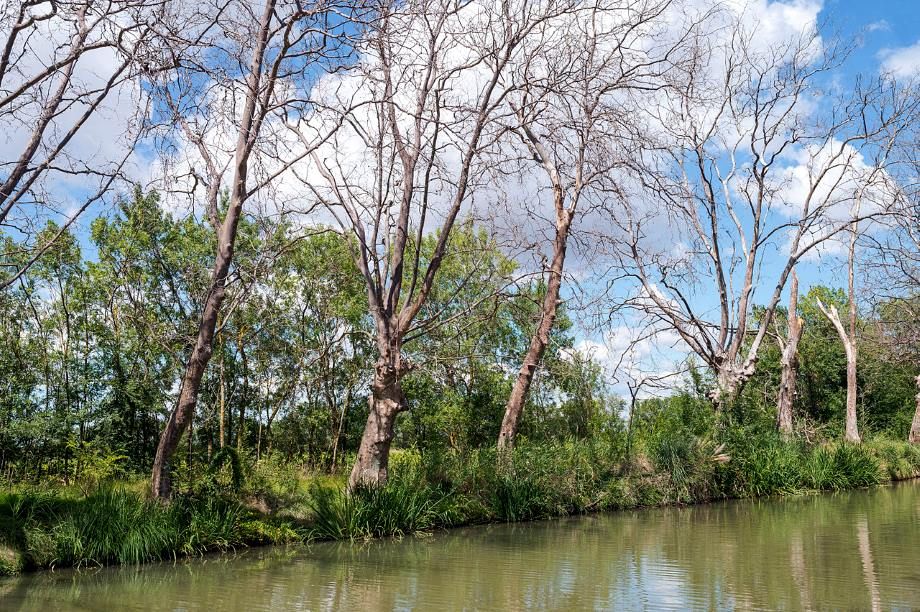Tree Conservation
- Conservation Prioritisation
- Tree Conservation
- Seed Conservation
- Ecological Restoration
- Exceptional Species
- Plant Health and Biosecurity
Why Trees?
Trees are essential to life on Earth. They play important ecological, cultural and economic roles. Trees support; species diversity, food webs, habitats and numerous ecological processes such as water and air purification. The importance of trees to regulating climate and soil fertility is essential for the planet. Humans are also dependent on trees for food, fuel, timber, medicine and much more giving trees huge economic and livelihood value.
Despite the global importance of trees, many species are under significant threat in the wild. Currently, it is estimated that 17,500 tree species are threatened with extinction in the wild. This means a third of the world’s tree species are at risk of being lost forever and with them the services they provide people and the planet. Over exploitation is a major threat to the species, with some trees being over harvested for their timber or medicinal values. Others are experiencing population decline due to habitat loss and deforestation driven by human development and land use change in dominated landscapes. Climate change drives a number of threats to tree species such as increased occurrence of fire or cyclones. Globalisation has driven the transfer of exotic pests and diseases across the world, and many common tree species are now threatened due to susceptibility to these invasive species.
BGCI’s Work with Trees
Trees need our protection. To maintain the variety of services trees provide, an equivalent diversity of tree species needs to be conserved. Botanic gardens are ideally placed to lead innovative conservation initiatives to save trees at the species level. They have extensive horticultural and scientific expertise, maintain conservation collections of living trees and seeds and are experienced in implementing recovery and restoration programmes for threatened species. They also have considerable outreach potential to raise awareness of the importance of tree conservation and to increase the capacity and skills of local communities to take action for the conservation of threatened trees of local or national importance.
BGCI works with botanic gardens and partners around the world on practical tree conservation projects, including in Brazil, Chile, China, Dominican Republic, Fiji, Ghana, Kenya, Malaysia, Mauritius, Mexico, Tanzania and Vietnam.
BGCI’s Tree Conservation Fund
BGCI launched the Tree Conservation Fund in 2020 to enable businesses, philanthropic organisations, and governments around the world to contribute to the essential effort to save the world’s threatened tree species.
This global effort will work in partnership with local communities and land managers to ensure long term impact. The Fund will ensure tree planting sustainably supports biodiversity and will provide the scientific and horticultural expertise to bring the right tree to the right place.
BGCI has the expertise, networks and systems in place to secure the fate of endangered tree species around the world.
Tree Conservation Activities
BGCI’s Tree Conservation Programme is dedicated to saving the world’s threatened tree species in their natural habitats. BGCI pursues a variety of in situ and ex situ conservation efforts to protect trees in the wild. A tailored approach is taken by in-country partners who are best placed to guide conservation of individual tree species using their local knowledge and expertise. This can involve seed collection, establishing nurseries, protecting remaining individuals, restoration planting, and much more. BGCI leads training to support local conservationists to develop skills for effective tree species conservation, and to become champions for threatened trees in their region.
Projects on Tree Conservation
BGCI also hosts the IUCN Species Survival Commission Global Tree Specialist Group (GTSG). This group of taxonomic and regional tree experts assist BGCI and GTC conservation efforts. With the GTSG, BGCI also collaborate on the Global Tree Assessment, an initiative to produce conservation assessments for all the world’s tree species by 2020. The production of conservation assessments enables the identification of the globally most threatened tree species (Critically Endangered, Endangered, Vulnerable), prioritising them for conservation action by BGCI and partners. BGCI also produces ex situ surveys for different tree groups, to determine which threatened trees species are secure in botanic garden and arboreta and which species need prioritisation for ex situ collection.
BGCI is establishing a series of consortia with specialist knowledge of particular genera that are technically challenging to conserve and manage. Working with four different gardens, consortia have been set up for Acer, Rhododendron, Oak and Magnolia. The goals of the consortia align with the GSPC, prioritising species of greatest concern for action including conserving Endangered and Critically Endangered species in their natural habitats and in a network of ex situ collections. The consortia will also undertake research on a variety of issues affecting threatened taxa within the groups.
News on Tree Conservation
Resources on Tree Conservation
-
State of the World's Trees
Tree Conservation, Ecological Restoration, Conservation Prioritisation, Plant Conservation / Publication / EnglishOne in three tree species face extinction reveals the landmark report, documenting the conservation status of the world’s nearly 60,000 tree species. -
Integrated Conservation of Tree Species by Botanic Gardens: a reference manual
Tree Conservation, Conservation Prioritisation / Publication / English, Spanish
Share
